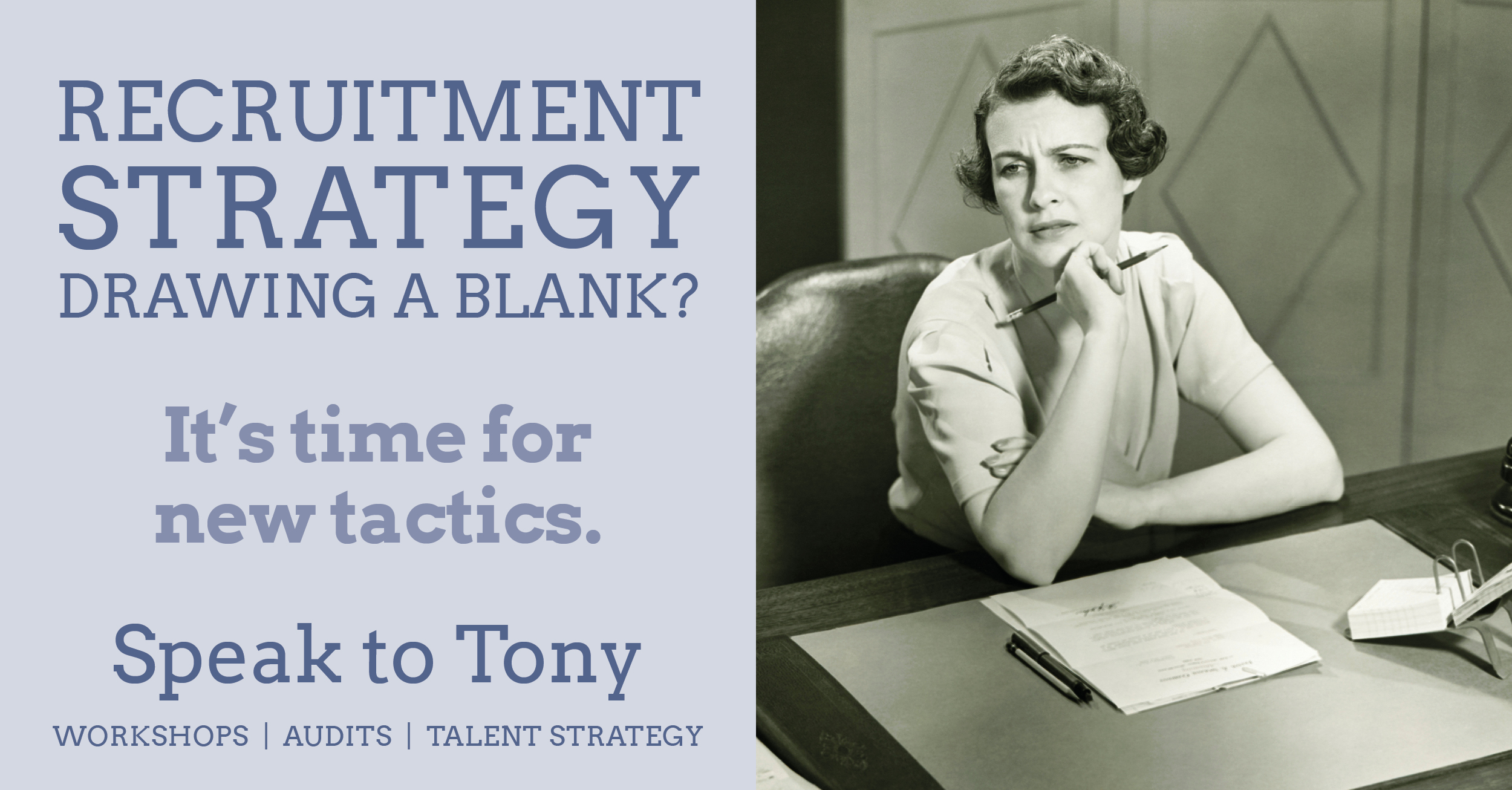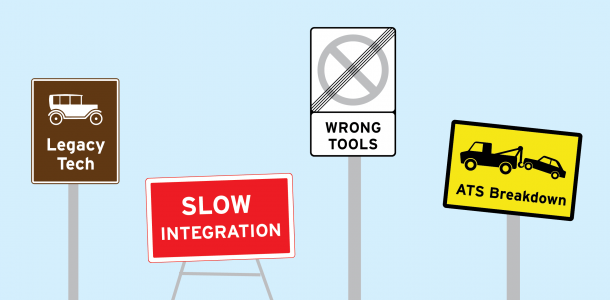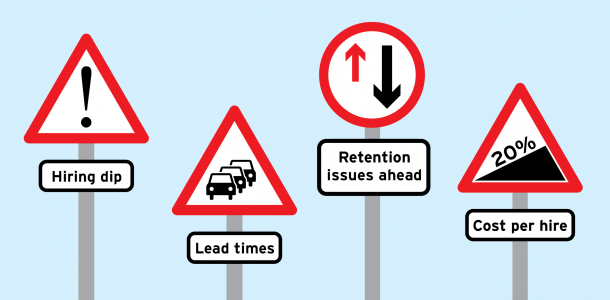I'm old enough to remember the days when recruitment advertising filled the pages of the…

Say goodbye to yesterday’s plans
What on earth is happening?
In 25 years of working in the recruitment sector, I’ve never known anything quite like it. The lack of candidates, the war for talent, the volatile market – it’s incredibly challenging for employers across the UK, across a whole range of sectors. And I’m sorry to say it, but it’s only getting worse: strap yourselves in for at least a couple of years of candidate fracture and salary increases for jobs of every level.
Let’s start with the why. Here are five (of the many) reasons:
Brexit
Overseas workers aren’t arriving to fill vacancies at the bottom end of the market. Yes, Covid has played a part in keeping people in their native countries, but Brexit has created a clear gap – in bookies and pubs, across social care and healthcare, for bus drivers and prison officers, and more. Don’t tell me you haven’t noticed a few more adverts on the radio, on social media and on the bus?
Graduate recruitment
In the panic-stations of the early pandemic, employers everywhere shelved hiring plans as they pivoted to remote working, furloughs and the rest. For many, that included graduate programmes. Now we’re feeling the impact. The few grads that were hired are now precious commodities, being head hunted by the companies trying to catch up, not just driving up salaries but also driving these graduates up the ladder much faster – a chain reaction leaving a candidate chasm.
Location revolution
The pandemic has changed the rules. Some employers might lead the drive back to the office, but the WFH genie is out of the bottle. Remote means a company in London can hire someone in Manchester – paying Canary Wharf wages for an Altrincham-based home worker. Local companies lose their talent, then end up chasing around the market to plug the gaps – often having to pay more to compete.
remote culture
WFH has been great in some ways, but the workplace is a huge part of company culture. With less chance to build and maintain those bonds, loyalty fades. In the past, maybe a few thousand pounds wouldn’t be enough to lure someone out of their comfort zone. Now, with fewer physical ties, that move might be more tempting for many.
more competition
It wasn’t that long ago that we all had a handful of direct competitors. Now, however, the race for talent has so many more runners – and so many more tools, too. In-house teams are everywhere, sophisticated ATS platforms are available off the shelf and LinkedIn is choc-a-block with alluring ads. It’s no wonder that the best of the best candidates can expect 20% or even 30% larger salaries in many cases.
So what can you do?
All that is just for starters – in short, the list is long. But the biggest issue of all is that employers have taken their eye off the ball. After years of relatively easy-going recruitment, they’ve forgotten many of the key approaches and techniques.
Employers need to work a little harder today. But – and here comes the pitch – I can help. I’ve pulled together a few useful tools: A full recruitment audit, looking at every part of your recruitment, from process to external brand, as well as individual company strategy sessions designed to help employers pivot to today’s crazy market conditions. Both are designed to leave no nook unlooked and no cranny unexamined.




